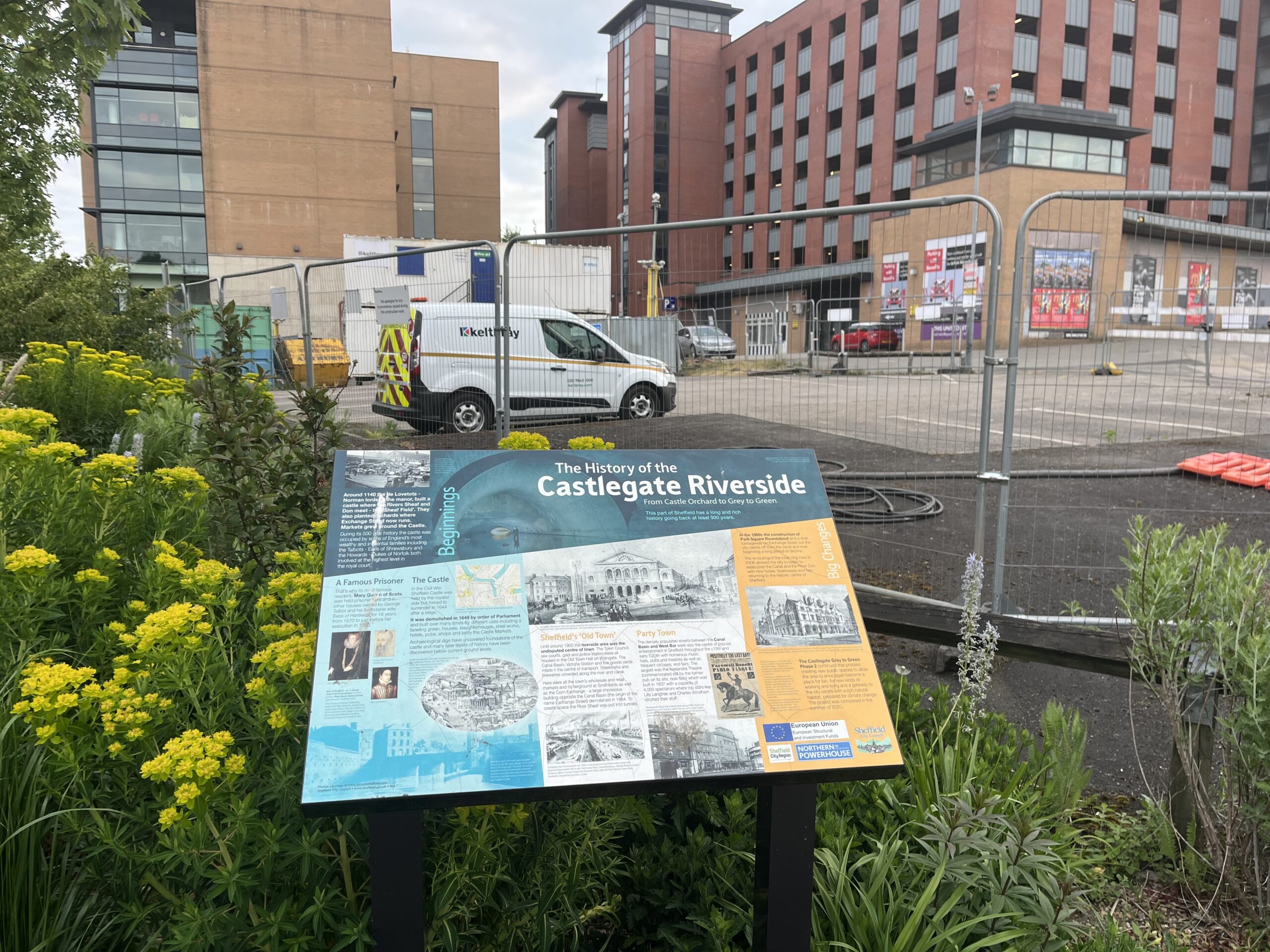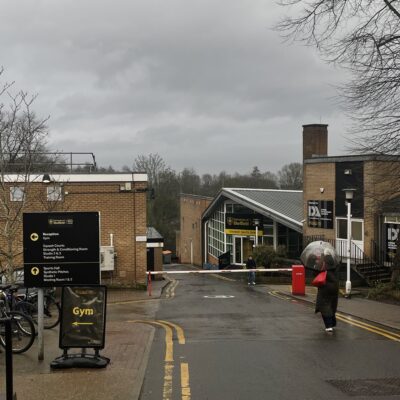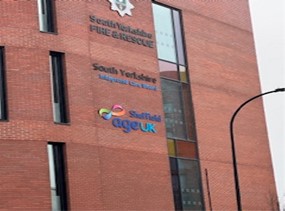The regeneration of Sheffield Castle has led to recent discoveries of remains said to have dated back to the 11th century, which will be displayed in the park once completed.
Wessex Archaeology, who was tasked with conducting an archaeological dig at the site have discovered parts of the castle such as the moat, a 12.5 meter deep well which is said to date back to Medieval times, as well as remains of the castle’s towers, amongst other things.
Martin Gorman, Chair of the Friends of Sheffield Castle, said: “They found a lot more both industrial and medieval remains of the castle and the intention is that those remains will be left exposed for people to see, with storyboards around the site to tell the story.”
Friends of Sheffield Castle are a voluntary charity group that was formed 14 years ago with an aim to work with the council to see what could be done about excavating the site.
Mr Gorman said: “The reason we exist is to protect the remains and to showcase those as part of this development is so important. Very little is known about the Medieval history of Sheffield and this site is where it all started for the city.”
Ashley Tuck, Lead Archeologist at Wessex Archeology, said: “Uncovering the remains of this remarkable site has been an honour and I, like many other Sheffielders, am excited that elements of the castle’s remains will be displayed in the park in due course.”
A section of the River Sheaf which was hidden underground for over 100 years has also been uncovered at the site of the castle, with the intention that wildlife will be encouraged back to the area.
Councillor Ben Miskell, Chair of the Transport, Regeneration and Climate Committee at Sheffield City Council, said: “It has been amazing to see more and more artefacts from the birthplace of Sheffield being uncovered. We congratulate Wessex Archaeology on all their hard work to discover all that they have found so far.”
The project is set to be completed late 2026 and has a current budget of around £21 million.




